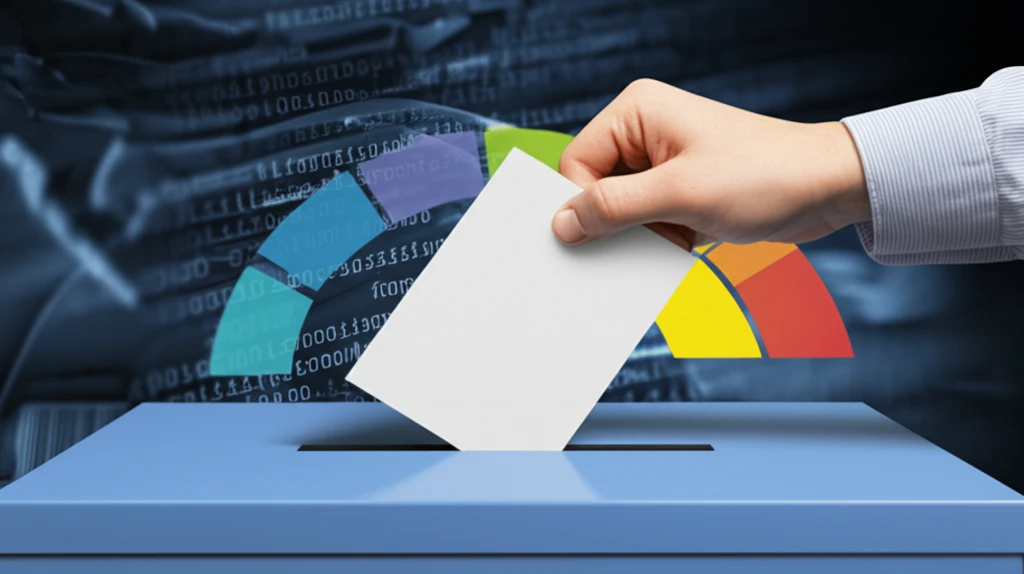
Can Your Credit Score Influence the Election? The Surprising Link Between Finances and Voting
"Uncover how financial uncertainty sways voters and shapes political outcomes in the U.S."
In the United States, the opportunity to climb the social ladder and achieve the "American dream" is a cornerstone of the nation's ethos. Access to credit and home ownership have long been considered essential pillars of socioeconomic mobility, enabling families to build wealth and secure their financial futures. But what if the ability to obtain credit isn't just a matter of personal finance? What if it also plays a significant role in shaping our political choices?
A recent study, "Credit and Voting," sheds light on a fascinating and previously underexplored connection between access to credit and voting behavior in the U.S. The research reveals that uncertainty surrounding credit access can significantly influence voters, often pushing them toward more conservative candidates and reshaping the political landscape.
Using a comprehensive dataset of credit reports and election outcomes, the study uncovers how fluctuations in credit access can sway voters, alter election results, and even shift the ideological positions of elected officials. This article delves into the key findings of the study, exploring the surprising ways in which our financial lives can impact our political decisions.
The Link Between Credit Access and Political Preference: How Uncertainty Drives Conservative Voting

The "Credit and Voting" study, authored by Eleonora Brandimarti, Giacomo De Giorgi, and Jeremy Laurent-Luchetti, establishes a compelling link between credit access and voting behavior. The researchers demonstrate that when voters face uncertainty in their ability to obtain credit, they tend to favor more conservative candidates.
- Data-Driven Thresholds: The study identified specific credit score thresholds where access to credit tightened substantially.
- Marginal Voters: The research focused on "marginal voters" located near these credit score thresholds, where uncertainty about credit access was highest.
- Republican Shift: The study found that a 10 percentage point increase in the share of marginal voters led to a 2.7 percentage point increase in Republican votes and a corresponding 2.6 percentage point decrease in Democratic votes.
- Conservative Rhetoric: Winning candidates in constituencies with high credit uncertainty tended to adopt more conservative rhetoric.
The Bigger Picture: Credit Access as a Pillar of Social Mobility
The "Credit and Voting" study underscores the critical role of credit access in shaping both individual financial well-being and the broader political landscape. By demonstrating the link between financial insecurity and voting behavior, the research highlights the importance of policies that promote equitable access to credit and opportunity. As the authors note, credit access serves as a vital pillar of social mobility, and understanding its influence on voting behavior is essential for informed policymaking.
